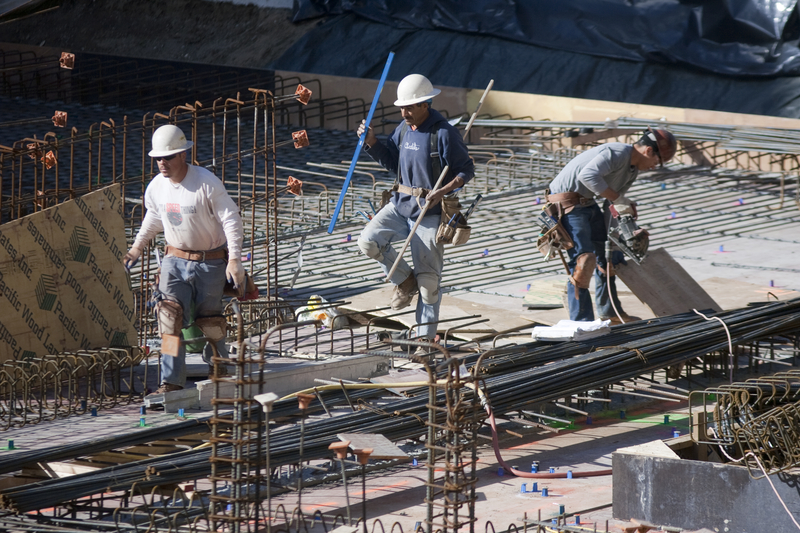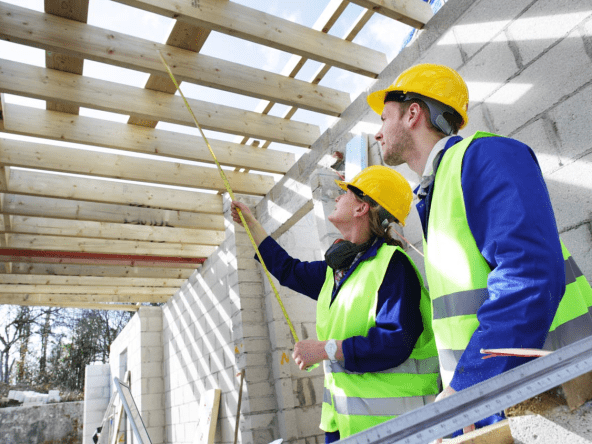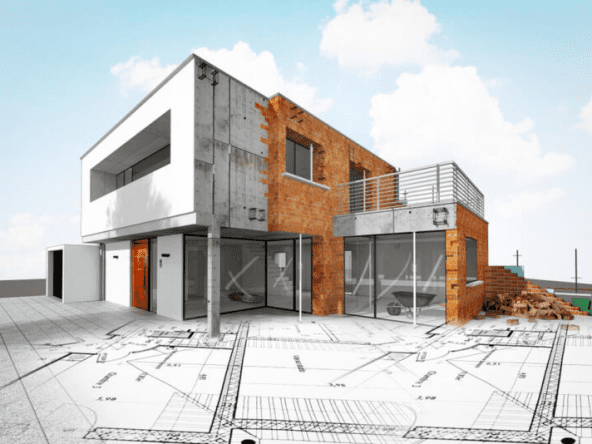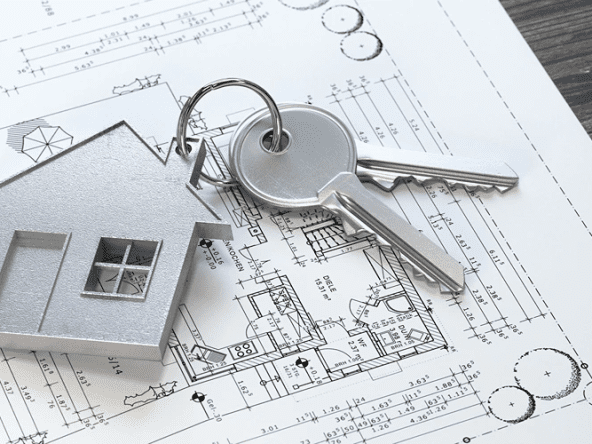Buying off-plan property in Thailand can be rewarding — but delays or cancellations do happen. Here’s a professional, easy-to-read guide on how to protect yourself and what steps to take if things go wrong.
🕒 If Construction Is Delayed
✅ Step-by-Step Action Plan:
| Action | What to Do | Why It Matters |
|---|---|---|
| 1. Review your contract | Look for delivery timeline, penalty clauses, and refund terms | Most legit contracts include delay penalties (e.g., ฿ per day/month) |
| 2. Contact the developer | Ask for written updates or revised timeline | Establish a paper trail for future claims |
| 3. Visit the site (if possible) | See if actual work is ongoing | Helps detect if it’s a real delay or a serious problem |
| 4. Check government permits | Verify EIA approval, construction license status | Delays often come from permit issues |
| 5. Send formal notice | Via lawyer or registered letter | Ensures your legal rights are documented in case of escalation |
🚨 If the Project Is Cancelled
Cancellation can happen if the developer fails to secure funding, permits, or sells too few units.
💼 Legal Remedies:
| Option | What It Means | Key Notes |
|---|---|---|
| Full refund claim | You are entitled to all money paid | Should be outlined in your contract |
| Interest/penalty compensation | Some contracts include this | Not always enforced unless you push legally |
| Join a class action | Other buyers may be taking legal steps | Strength in numbers (and media attention) |
| File civil court case | Sue the developer directly | May take 6–24 months, depending on complexity |
🔍 Red Flags That Suggest Cancellation Risk
- Long gaps in construction activity
- Sales offices suddenly closing
- Developer stops communicating
- “Change of ownership” of the project
🛡️ How to Protect Yourself (Before You Buy)
- ✅ Choose established developers with completed past projects
- ✅ Verify construction permits and land title before paying
- ✅ Use a lawyer to review your contract
- ✅ Ask for bank guarantees or escrow agreements (some projects offer this)




